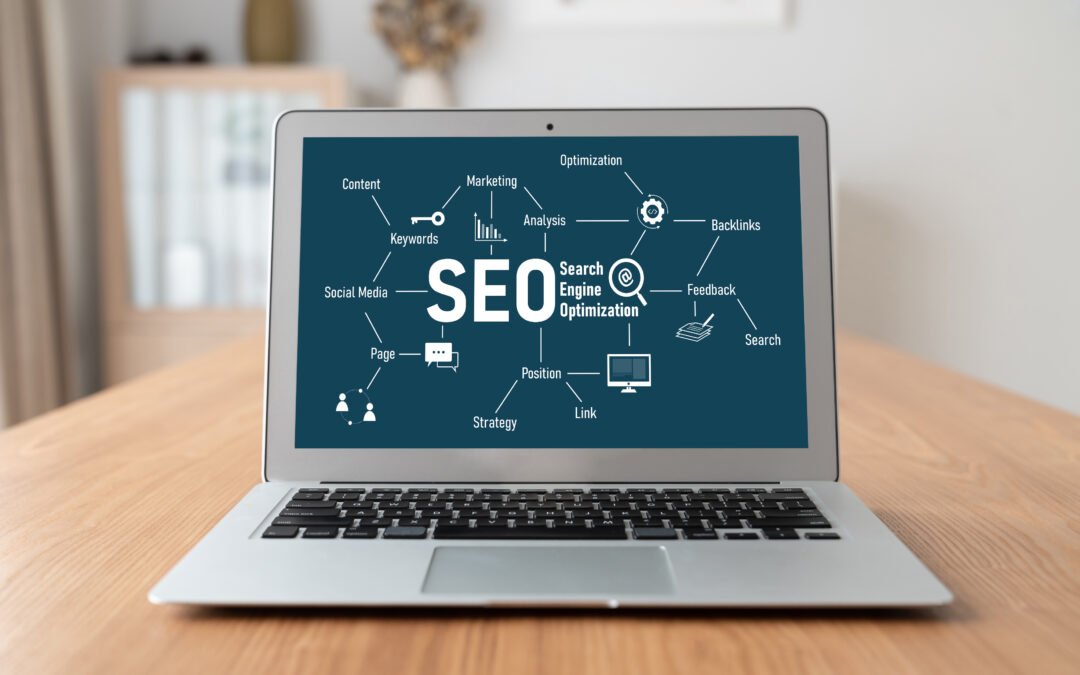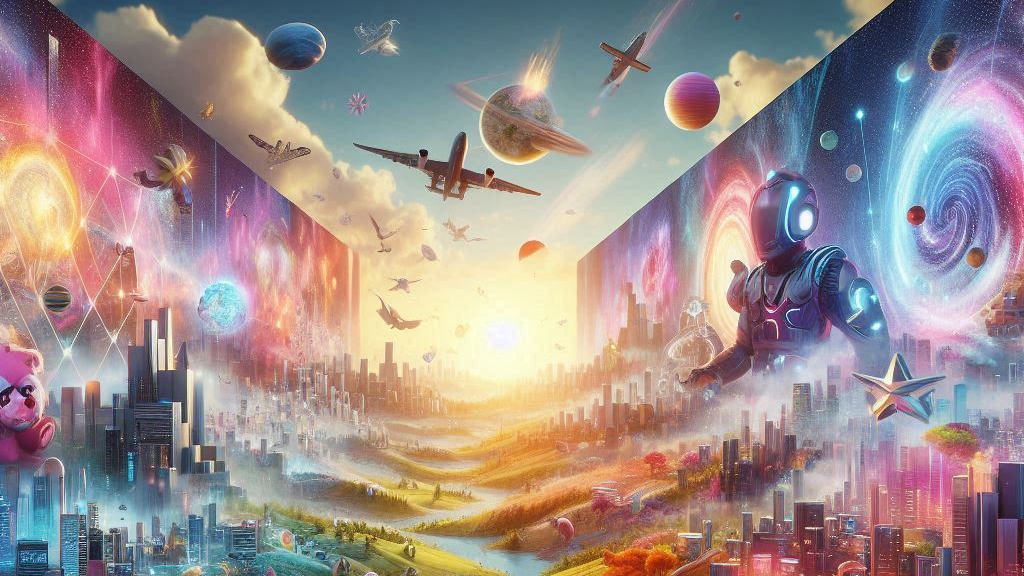Introduction
In today’s fast-paced digital age, IT technology plays a crucial role in shaping how we live, work, and communicate. From the smartphones in our hands to the cloud services that store our data, IT technology has become the backbone of modern life. But what exactly is IT technology? And why is it so important?
In this blog post, we’ll dive into what IT technology is, how it impacts different industries, and what the future holds for this constantly evolving field. Whether you’re a tech enthusiast or someone who just wants to understand the basics, this post will provide you with a clear, easy-to-read overview of IT technology and its significance.
Let’s get started!
What Is IT Technology?
At its core, IT technology (Information Technology) refers to the use of computers, networks, and software to process, store, and transmit data. It includes everything from hardware like servers and computers to software that helps us perform tasks more efficiently. In simple terms, IT technology makes it possible for us to use digital tools to work, communicate, and access information.
Some of the key elements of IT technology include:
- Hardware: Physical components like computers, routers, and servers.
- Software: Programs and applications that allow users to perform tasks, like Microsoft Office or video editing tools.
- Networks: Systems that connect devices, enabling them to share information, such as the internet or a company’s internal network.
- Data storage: Technologies used to store vast amounts of information, including cloud storage and physical data centers.
Why IT Technology Matters in Today’s World
IT technology touches almost every part of our lives. Let’s break down some key areas where IT technology has made a significant impact.
1. Business Operations
From small businesses to multinational corporations, IT technology is essential for day-to-day operations. Companies rely on software to manage everything from payroll to customer relationships. Cloud computing allows businesses to access data from anywhere, making remote work possible. In short, IT technology helps businesses run efficiently, scale, and compete in a global market.
2. Communication
Think about how often you use email, video calls, or messaging apps. All of these rely on IT technology. Today, it’s easier than ever to communicate with anyone, anywhere in the world, in real-time. Whether it’s a Zoom call for work or FaceTiming a friend, IT technology makes communication seamless.
3. Healthcare
The healthcare industry has seen massive improvements thanks to IT technology. From electronic health records (EHRs) to telemedicine, patients now receive faster and more accurate care. Data analytics also allows healthcare providers to track trends and make better decisions, ultimately saving lives.
4. Education
IT technology has revolutionized how we learn. Online courses, digital textbooks, and interactive learning platforms make education more accessible. During the COVID-19 pandemic, IT technology allowed schools and universities to continue teaching through virtual classrooms, proving how vital it is for education.
5. Entertainment
From streaming services like Netflix to gaming platforms, IT technology plays a huge role in entertainment. Digital platforms allow users to access content anytime, anywhere. Video game developers use advanced IT systems to create immersive experiences, while musicians and filmmakers distribute their work globally with the click of a button.
The Future of IT Technology
IT technology is constantly evolving, and its future looks brighter than ever. Here are some trends to watch in the coming years:
1. Artificial Intelligence (AI) and Machine Learning
AI is already changing how businesses operate, and its role will only grow in the future. From chatbots that assist customers to self-driving cars, AI and machine learning are pushing the boundaries of what IT technology can achieve. These technologies can process vast amounts of data, learn from it, and make decisions, often more efficiently than humans.
2. 5G Networks
The rollout of 5G networks will revolutionize how we connect. With faster internet speeds and lower latency, 5G will enable everything from smart cities to advanced virtual reality applications. It will also improve mobile communication, making real-time data sharing easier than ever.
3. Cloud Computing Expansion
Cloud computing has already transformed business operations, but it’s set to expand even more. Companies are moving more of their data and applications to the cloud, which provides flexibility, scalability, and cost savings. With advances in cloud security, we can expect even more sensitive data to be stored online.
4. Cybersecurity
As IT technology advances, so do cyber threats. Cybersecurity will continue to be a major focus as businesses, governments, and individuals face risks like data breaches, ransomware attacks, and identity theft. Future developments in IT technology will prioritize stronger security protocols to protect sensitive data.
How IT Technology Affects Everyday Life
It’s easy to overlook just how much IT technology influences our daily routines. Think about your morning. Did you check your email or browse the internet before getting out of bed? You likely used IT technology within the first few minutes of waking up.
- Banking: From paying bills online to transferring money between accounts, IT technology makes financial transactions quick and easy.
- Shopping: E-commerce platforms allow consumers to buy products with just a few clicks, changing the retail landscape.
- Social Interaction: Social media platforms like Facebook, Twitter, and Instagram have become part of our social fabric, all thanks to IT technology.
Conclusion
IT technology is more than just a buzzword—it’s a driving force behind the way we live, work, and communicate. From making business operations smoother to revolutionizing healthcare and education, IT technology impacts nearly every part of modern life. As advancements in artificial intelligence, 5G, and cloud computing continue to develop, the future of IT technology promises even more exciting changes.
FAQs
Q: What does IT technology stand for? A: IT stands for “Information Technology,” which refers to the use of computers and networks to store, process, and share information.
Q: How is IT technology used in businesses? A: IT technology helps businesses manage their operations, communicate with clients, store data, and optimize processes like payroll, customer management, and project collaboration.
Q: What are some future trends in IT technology? A: Some emerging trends include artificial intelligence, 5G networks, cloud computing expansion, and advanced cybersecurity measures.
Q: Is IT technology important for healthcare? A: Yes, IT technology has revolutionized healthcare by improving patient records, enabling telemedicine, and allowing for more accurate diagnoses through data analysis.
Q: How does IT technology impact daily life? A: From online shopping to mobile banking and social media, IT technology is deeply integrated into our everyday routines, making tasks easier and faster to complete.
By staying informed about IT technology, you can better understand its role in shaping our world and how it continues to evolve.









